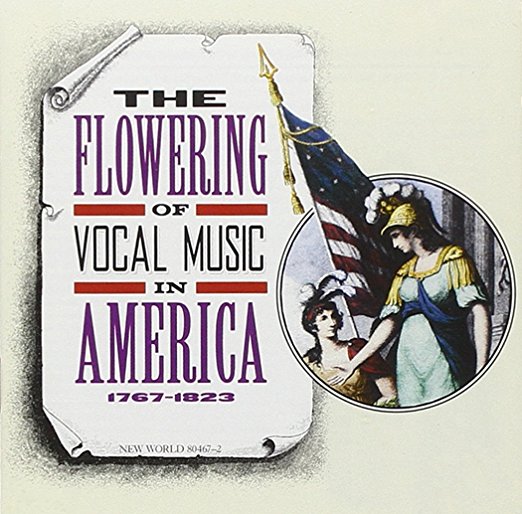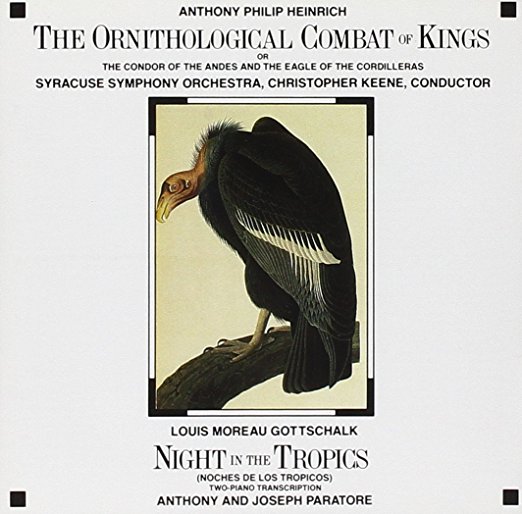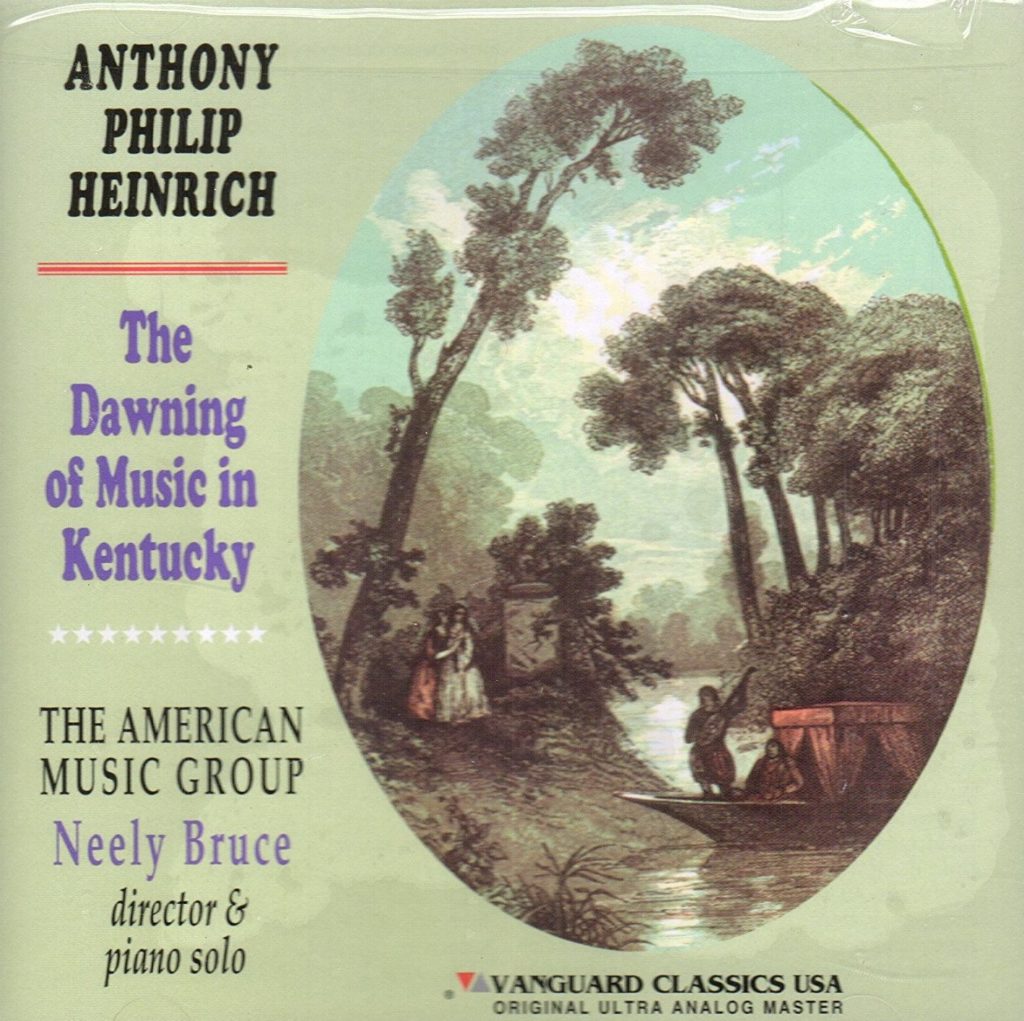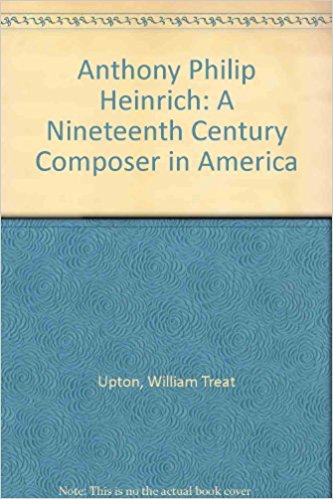About
Born in Bohemia, Heinrich visited America in 1805, and then tried to start a business there in 1810, only to have it fail. After another business venture failed in 1817 and his Bostonian wife died, Heinrich decided to stay in America and begin his musical career by conducting the first known American performance of a Beethoven symphony (Symphony No. 1) in Lexington, Kentucky.
A self-taught musician and composer, Heinrich played the violin and piano and became a dominant figure in American concert life. Heinrich traveled often, living in Philadelphia, Pittsburgh, Kentucky, Boston before settling in New York in 1837. Heinrich was very well connected with diplomats, judges, lawyers, doctors, writers, and poets, and even received an audience with President John Tyler to play one of his own compositions. Heinrich was also well-known in Europe: his works were played often there, and he himself played violin in several concerts in the orchestras of Drury Lane and Vauxhall Gardens in London.
Heinrich’s influence on concert life in America was enormous. In 1842, he was chairman of the organizational meeting of the New York Philharmonic Society. His music was featured in several festivals in New York and Boston near the end of his life.
Heinrich’s compositions are considered Romantic (partly because of their autobiographical quality) and are concerned with nature and American culture and heritage. Before Heinrich began his composing career, he walked over 700 miles, first from Philadelphia to Pittsburgh and then to Kentucky down the Ohio River. This journey had a profound influence on him and his music. Many of his compositions are descriptive tone-poems over the American landscape . He was also the first composer to incorporate the American Indian into his work in his orchestral piece Pushmataha, a Venerable Chief of a Western Tribe of Indians of 1831.
Heinrich’s compositional style was eccentric and highly original. According to Baron and Clark in The New Grove Dictionary of Music and Musicians:
“The sources of his musical style are found in Haydn and to some extent Beethoven, but they have the greater ornateness of Italian opera and often a freer use of chromaticism both melodically and harmonically. Heinrich’s melodic style is strongly influenced by classical dance music, and melodic quotation plays an important role in his compositional technique, particularly self-quotation and the quotation of popular, patriotic tunes (e.g. ‘Hail Columbia,’ ‘Yankee Doodle,’ ‘God Save the King’).”
Heinrich’s vocal works include hundreds of songs, including his collection The Dawning of Music in Kentucky, or The Pleasures of Harmony in the Solitudes of Nature of 1820, a large work containing songs as well as works for violin and piano, unprecedented thus far in American musical history.
–Christie Finn
Related Information
Recordings

The Flowering of Vocal Music in America
(Benjamin Carr and Anthony Philip Heinrich)
1994

Heinrich: The Ornithological Combat
(Anthony Philip Heinrich)
1977



